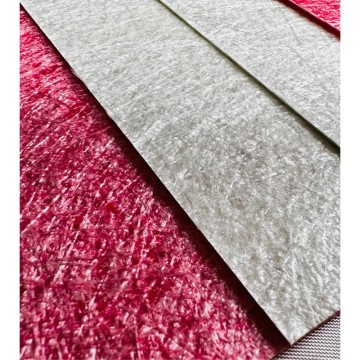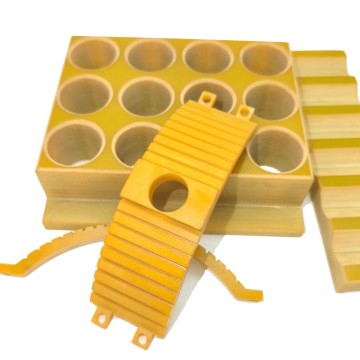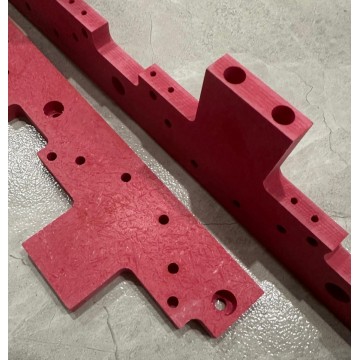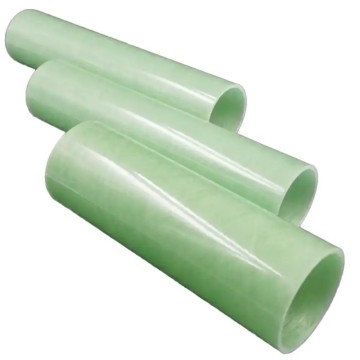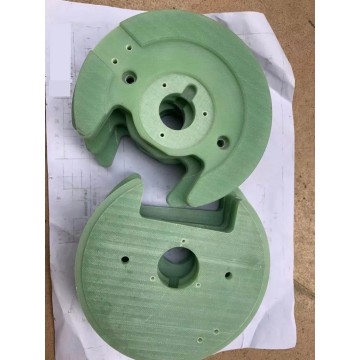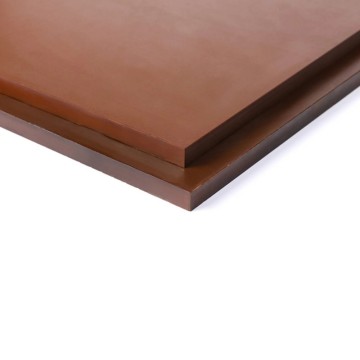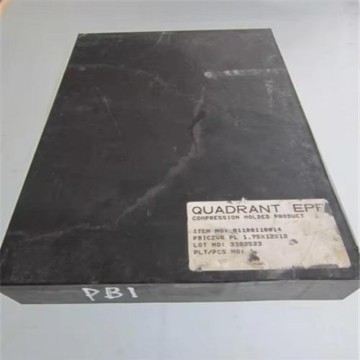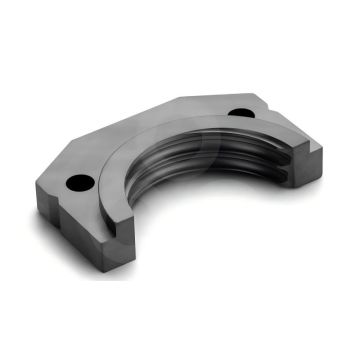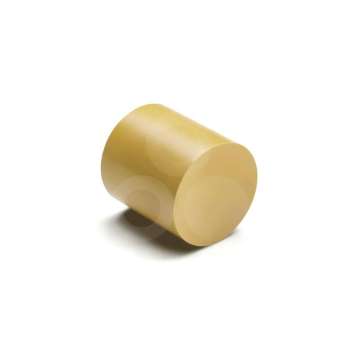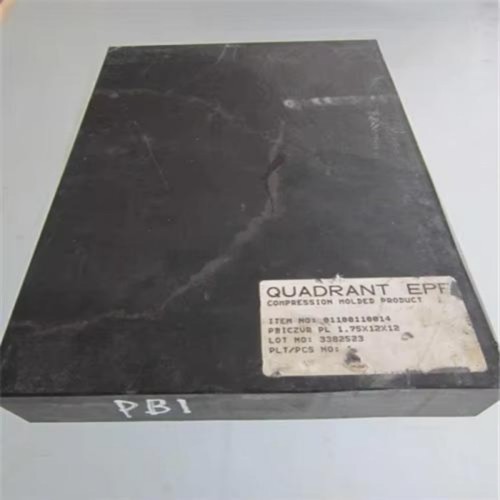
Duratron® PBI Polybenzimidazole Rod Sheet Tube
- Min. Order:
- 1 Kilogram
- Min. Order:
- 1 Kilogram
- Transportation:
- Ocean, Land, Air, Express
- Port:
- Shenzhen, Guangzhou, Hongkong
Quantity:
Your message must be between 20 to 2000 characters
Contact NowBasic Info
Basic Info
| Supply Ability: | 100 |
|---|---|
| Payment Type: | T/T,Paypal |
| Incoterm: | FOB,CFR,CIF,EXW,DDP,DDU |
| Transportation: | Ocean,Land,Air,Express |
| Port: | Shenzhen,Guangzhou,Hongkong |
Product Description
Product Description
PBI plate / PBI rod is a pure resin plastic profiles in the temperature resistance level is better and higher purity of one of the special plastics, can be in a wide range of temperatures, to maintain better mechanical strength, stiffness and creep resistance, the profiles are generally molded using mold compression molding, specific gravity of 1.31g/cm3, the operating temperature of minus 50 degrees to 310 degrees Celsius between the long-term use of the short-term operating temperature can be up to 425 degrees Celsius. Usually used in the manufacture of demanding semiconductor components to reduce maintenance and repair costs, and service life has been extended.
Characteristics: good abrasion resistance, low coefficient of friction, light specific gravity, high temperature resistance (long-term 310 ℃, short-term working temperature of 425 ℃), high hardness (Shore hardness of 80D, one-half of the glass), good rigidity, high strength (the strength of the PI product is twice), small coefficient of linear expansion, good dimensional stability, high creep resistance, high purity (2ppm or less), metal ions, such as impurities, less, Low water absorption, high insulation factor / high dielectric constant, hydrolysis resistance, suitable for use in water vapor environment, acid and alkali resistance / corrosion resistance, general organic solutions / oils will not cause erosion, good flame retardant coefficient (UL94-V0), good mechanical turning performance, less burr when cutting, suitable for microfabrication, due to the processing of heat caused by the melting of the situation is less, can obtain a better cutting surface, better weather performance It has good weather resistance, good fatigue resistance, and high impact strength.
Applications: High-temperature resistant mechanical structures/fasteners, semiconductor manufacturing equipment components, BGA/CSP manufacturing fixtures, inspection fixtures, IC inspection connectors, fixtures, LCD detector fixtures, IC/wafer process fixtures, high-temperature non-lubricated bearings, sealing gaskets, high-pressure valve gaskets, filter cages and bases, flange parts, wear-resistant insulating sliders, gears, PCB test frames, heat-insulating parts, special glass Industry components, high-temperature contact parts for incandescent or fluorescent lamps, such as vacuum cups, push fingers and cages, electrical contactors, and parts requiring high performance in plastics.
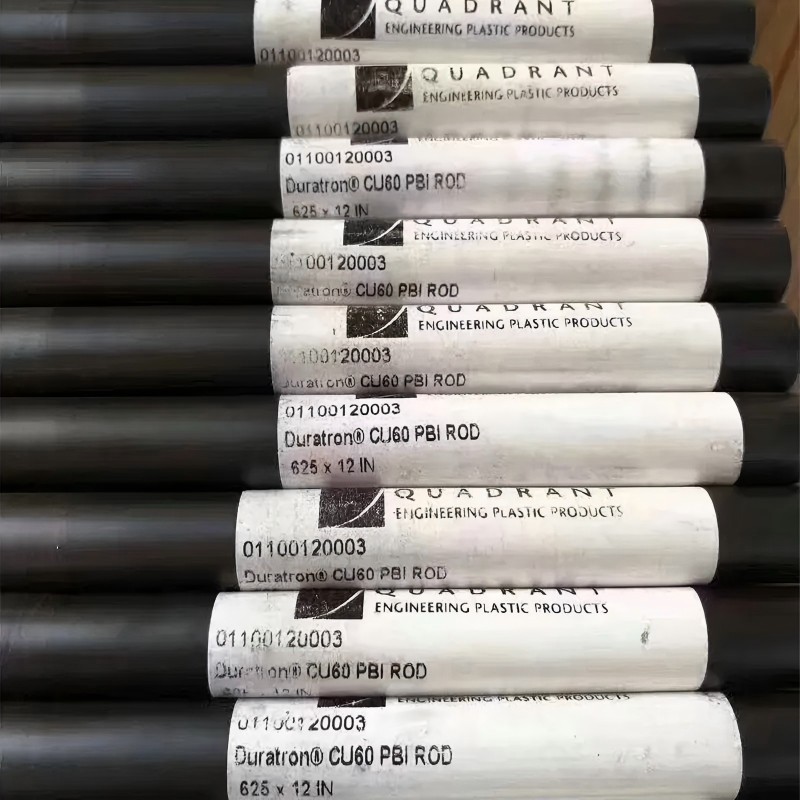
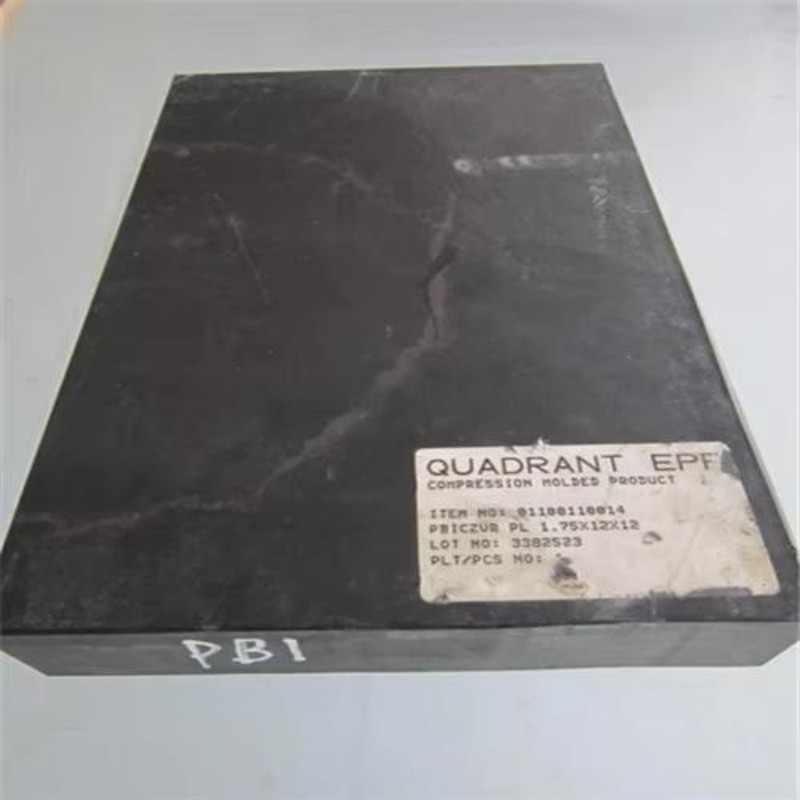
After Silicone-Nitrogen Rubber, we take a closer look at PBI, the heat-resistant leader among engineering plastics, a specialty engineering plastic that stands out for its excellent high-temperature resistance, making it an ideal choice for a wide range of applications.
Polybenzimidazole (PBI), a specialty engineering plastic that excels in high temperatures and extreme environments, is prepared from aromatic tetramines and aliphatic or aromatic dicarboxylates. The structure of this material is characterized by the fact that where R represents an alkyl carbon chain, Ar denotes an aromatic ring structure.
It has a density of about 2 g/cm³ and a glass transition temperature in the range of 234 to 275°C. Fully aromatic polybenzimidazoles, on the other hand, have densities between 3 and 4 g/cm³, and their glass transition temperatures are 100 to 250°C higher than the former. This material excels in high-temperature environments, especially for its instantaneous high-temperature resistance. Alkyl PBIs do not decompose completely until 465 to 475°C, while aryl PBIs remain stable at temperatures up to 538°C, with a weight loss of only 30% even at 900°C. This makes polybenzimidazole ideal for high temperature application scenarios.
In addition, polybenzimidazole has excellent thermal stability, mechanical and electrical insulation, and minimal heat shrinkage. It can be used as a high-temperature structural adhesive, achieving bond strengths of up to 94 N/cm² to stainless steel and titanium alloys at temperatures up to 537 °C. This excellent bonding performance gives polybenzimidazole a significant advantage for structural joining in high-temperature environments.
Polybenzimidazole fibers also perform well as flame-resistant fabrics and ablative materials. In the field of astronautics, these materials can effectively resist the high temperatures and radiation erosion in the space environment to ensure the safe operation of spacecraft. At the same time, polybenzimidazole can also be used in automotive manufacturing, batteries, reinforced plastics and foams and other fields, showing its wide applicability.
In the production process, polybenzimidazole (PBI) is often used in the manufacture of high-temperature contact parts, such as light bulb contact parts, vacuum cups, push fingers and cages. Its excellent resistance to high temperatures and abrasion makes the service life much longer than that of polyimide, and at the same time reduces the breakdown loss more effectively compared to porcelain materials.
However, in the manufacture of aircraft engines, although PBI has significant advantages over polyimide, but its ability to withstand high-temperature steam is still insufficient, and in the absorption of moisture after the performance will be reduced. Therefore, in practical applications, we must fully consider the performance characteristics of PBI and the needs of the working environment to make reasonable design choices.
Of course, PBI material is not flawless. Its raw materials have a certain degree of toxicity, so in the production process requires strict safety and environmental protection measures to protect the safety of personnel and the environment. At the same time, the high price of PBI also limits its large-scale application to a certain extent. In addition, its high melting point poses a considerable challenge for processing and manufacturing.
To improve the performance of PBI, researchers have tried methods such as monomer modification and polymer backbone modification. These methods improved the solubility, stability and electrical conductivity of PBI to a certain extent, but at the same time, they may have some impact on its intrinsic properties. Therefore, various factors need to be weighed in the modification process to ensure that the actual application requirements can be met.
Nevertheless, the application value of PBI materials in aviation, automotive, chemical and other fields should not be ignored. With the continuous innovation and development of materials science and technology, we have reason to believe that the future research and application of PBI materials will achieve even more significant results for the advancement of science and technology and the enhancement of the quality of life of mankind to make greater contributions.
Related Keywords
Related Keywords








